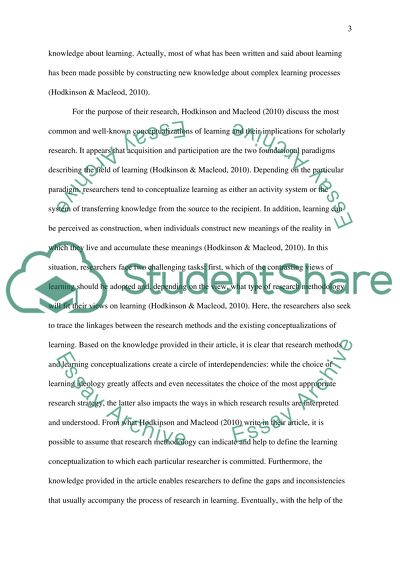Cite this document
(“Research Methods and Learning: Conceptualizing the Difference Essay”, n.d.)
Research Methods and Learning: Conceptualizing the Difference Essay. Retrieved from https://studentshare.org/education/1441854-reading-the-provided-reading-material
Research Methods and Learning: Conceptualizing the Difference Essay. Retrieved from https://studentshare.org/education/1441854-reading-the-provided-reading-material
(Research Methods and Learning: Conceptualizing the Difference Essay)
Research Methods and Learning: Conceptualizing the Difference Essay. https://studentshare.org/education/1441854-reading-the-provided-reading-material.
Research Methods and Learning: Conceptualizing the Difference Essay. https://studentshare.org/education/1441854-reading-the-provided-reading-material.
“Research Methods and Learning: Conceptualizing the Difference Essay”, n.d. https://studentshare.org/education/1441854-reading-the-provided-reading-material.


